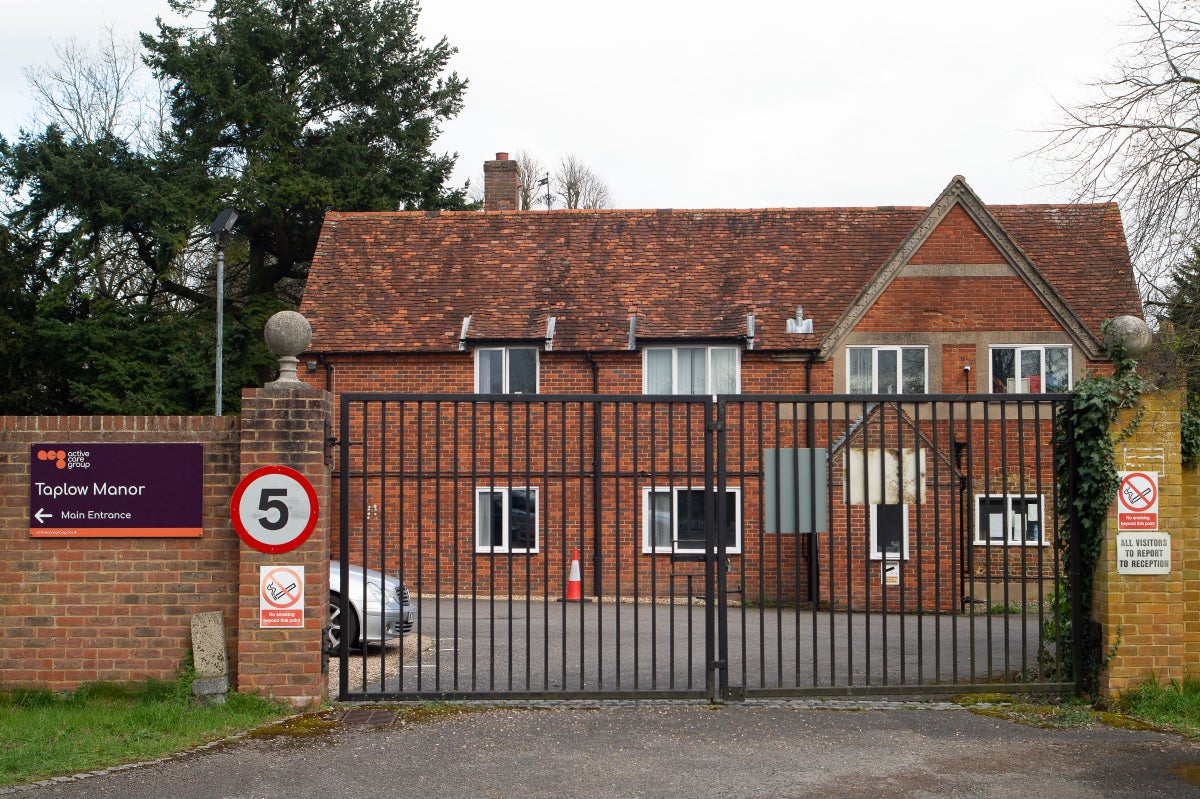
A scandal-hit private hospital group faced such a severe financial crisis that it warned it would stop paying for patients’ drugs and food, as well as agency staff – but still agreed bonuses worth hundreds of thousands of pounds for executives, The Independent can reveal.
Active Care Group, which provides hospital and care beds to hundreds of NHS and social care patients, warned it would not be able to care for people if new bank loans were not urgently secured.
The group’s CEO made the drastic warning to the banks as he tried to secure a loan to cover a debt of more than £100m.
The hospital group was at the centre of a care scandal uncovered by The Independent last year, which forced it to close one of its children’s mental health hospitals.
A number of reports by this publication revealed allegations of “systemic abuse” of patients while several staff whistleblowers from children’s hospitals, run now by the group, alleged their units did not have enough workers to keep patients safe.
Despite facing financial ruin, The Independent has discovered there were proposals for four directors to take bonuses this year totalling £1m between them, emails seen by The Independent show. Active Care Group confirmed bonuses were agreed for two.
Campaigners called on the incoming government to put in place stricter financial regulations for private providers who supply care services to the NHS.
Active Care Group was more than £100m in debt this year and in the last few months has been in crisis talks with lenders.
In an email on 16 May, seen by The Independent, ACG chief executive Keith Browner told the company’s lenders – Natwest, Blackrock and CDPQ – that the organisation was heading for “irrecoverable terminal decline” if new loan terms were not agreed.
The Premier League has finally got it together around financial regulation, but we have almost no financial regulation of the companies which are providing sensitive services— David Rowland, chief executive for The Centre for Health and the Public Interest
The email said: “The Group continues to [hurtle] towards a liquidity crisis without the benefit of an agreed and deliverable solution.
“We will be reviewing every payment made to suppliers and creditors and withholding payment where lack of supply/service will not result in immediate harm to patients… In the second phase, we will begin to withhold payment for necessary goods and services including food, drugs and agency staff.
“During that phase, we will also be obliged to inform commissioners and the NHS that we are no longer in a position to safely provide care for patients.”
The email said this “second phase” would probably arrive by mid-June.
However, two weeks later ACG secured a new financing deal with Sequoia Economic Infrastructure Income Fund Limited, which is now the major shareholder, taking over from Montreux Capital Management.
Despite the CEO’s email on 16 May, Active Care Group insisted in a comment to The Independent on 22 May: “There is no foreseeable risk to the continuity of care, and we will continue providing high-quality services to all patients and residents.
“Active Care Group is trading healthily, has sufficient liquidity and enjoys strong support from its lenders – such that our patients, staff and partners can have confidence in our immediate and longer-term stability.”
ACG said bonuses had not been paid to directors in the previous five years and that directors’ bonuses were agreed by its shareholders, including Montreux Capital Management, given the executives’ pivotal role in negotiating refinancing.
The organisation said it kept the NHS informed of its situation throughout. NHS England told The Independent on 22 May it was assured ACG would provide continuity of care for patients under its contract but declined to comment on the CEO’s email.
The revelations about the financial turmoil at the troubled group prompted an expert to call for politicians to introduce controls for privately owned hospitals used by the NHS and in social care.
David Rowland, chief executive for think tank The Centre for Health and the Public Interest (CHPI), told The Independent: “The general view held by Conservative, Labour and Liberal Democrats as well, is that it doesn’t matter who provides a service. Ownership doesn’t matter, what matters is the quality of care that is provided.”
He said there has never been any consideration by policymakers in parliament about whether the model of private equity ownership is appropriate for the types of NHS services used by people in distressed circumstances such as those with mental health issues.
“There’s a real need for government to grasp this issue. It is pretty shocking when you think that the Premier League has finally got it together around financial regulation, but that we have almost no financial regulation of the companies which are providing these sensitive services.”
Last year, The Independent uncovered warnings from whistleblowers working at Active Care Group’s Taplow Manor Hospital in 2022, claiming the unit did not have enough staff. Police are currently investigating the death last year of a young patient at the hospital.
The Independent and Sky News revealed last year allegations of systemic abuse from former patients of Huntercombe Group Hospitals. Huntercombe Group was previously owned by Four Seasons, which fell into insolvency and sold the hospitals to Montreaux Capital Management (MCM) in 2020. MCM secured a merger of the Huntercombe Group with Active Care Group in 2021.
This week, law firm Hutcheon Law started the process of submitting at least 54 clinical negligence claims, 14 of which relate to the period after ACG took over the running of the hospitals in 2021.
A Department of Health and Social Care spokesperson said: “Patient safety is paramount when private care providers are going through financial difficulties, and local authorities are required by law to ensure people continue to receive the services they need.”
The Labour, Liberal Democrat, and Conservative parties were approached for comment.







